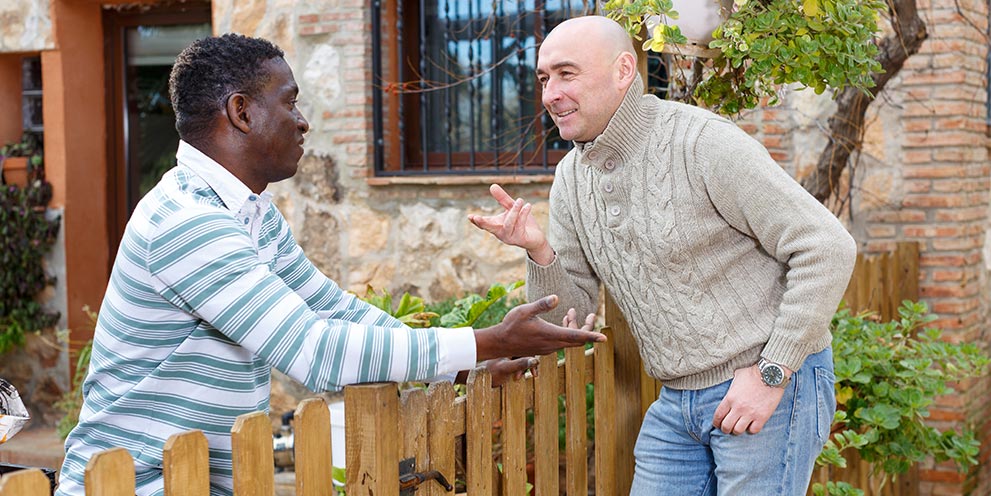5 Ways to Protect your Home from Invasion

“Burglary,” by definition, is the crime of illegally entering a building or other location for the purpose of committing an offense. According to 2017 crime statistics from the FBI , there are almost three burglaries every minute in America. When you add it up, that’s 3,757 burglaries a day. In the US, according to the Department of Justice, almost 4 million household burglaries occur each year. While these are frightening statistics to any homeowner, there are steps you can take to deter burglars from targeting your home.
Lock it up
While this may sound like a no-brainer, studies show that 1 in every 25 burglars will simply just walk in through an unlocked door. Make sure when you leave the house or before you go to bed, doors and windows are secured. Also, avoid stashing a spare key. Even if you don’t leave your door wide open, crooks know that many homeowners hide spare keys to avoid locking themselves out. Under welcome mats or in nearby potted plants are the most common hiding places and leaving a key there may be a burglar’s key to getting into your home.
Don’t Publicize Vacations
Don’t make burglars aware you aren’t home. With the increasingly widespread use of social media, criminals have an easier-than-ever way to track a target’s whereabouts. Avoid advertising your travel plans, whether it be on a social media or to a barista at your local coffee shop. Posting pictures and discussing it after you return is a smarter choice and won’t make your home an unoccupied target.
Consider Landscaping
It may seem like a minor detail, but overgrown trees and bushes can act as a hiding spot for crime-doers scoping out your house. It’s especially smart to trim back brush that could block your view from a window and take caution with overgrown tree branches they could give someone access to your second floor. Lighting also plays a part in concealing criminals. They can hide in dimly lit areas so make sure your porch is well-lit, especially near entrances. Motion-sensor lights are not only good for visibility, but they also can alert you when there is unexpected activity outside your dwelling.
Meet your Neighbors
Knowing your neighbors is a good idea as there is strength in community. In many neighborhoods people use mobile apps such as Nextdoor to communicate and to make neighbors aware of suspicious activity in the area. While we mentioned not publicizing your vacation, it’s smart to let a trusted neighbor know so they can keep an eye out for any fishy activity occurring while you’re away. Crime tends to be lower in tight-knit communities because neighbors are more likely to look out for each other and can easily spot a stranger. You can even speak to your local police department about giving your group an informal lecture that can provide insight into identifying a suspicious person and what to do if you spot one loitering on your street.
Invest in a Home Security System
According to the FBI Uniform Crime Reporting Statistics, burglars are most attracted to homes that do not have a home security system, but only 17% of houses have a system in place. An alarm system will not only bring the police to your home quickly in the case of a break-in but will likely deter burglars from targeting your home in the first place. In fact, 83% of burglars admitted that they specifically look to see if there's an alarm and 60% would change their mind if there was one installed. If you have a security system, avoid placing one of those “Protected by ADT” stickers on your door. Knowing which brand of security system can provide enough info on how to disable it, so just get a generic sticker.
This may sound silly but scope out your home and try to “think like a burglar” to help you realize your home’s vulnerabilities. Look for hiding places in dimly lit areas, shrubbery to hide in, unlocked windows, and more. The good news is, crime data from 2017 shows that since 2008, burglaries in the US have dropped by 37%. Despite these hopeful statistics, you don’t want to be part of the percentage left feeling vulnerable in their homes. By taking some of these simple security steps, you can keep home-sweet-home a safe place to be.